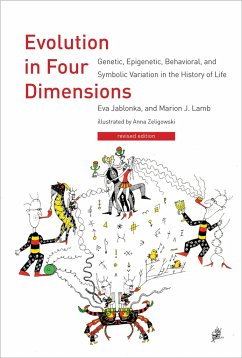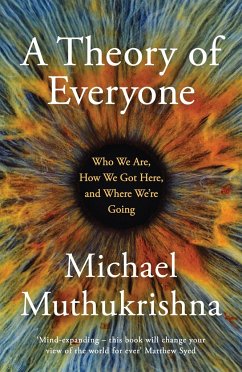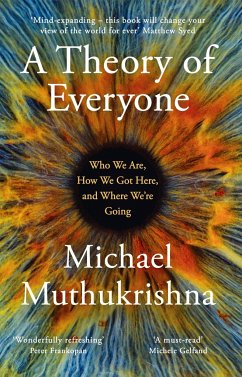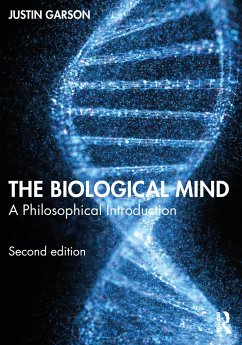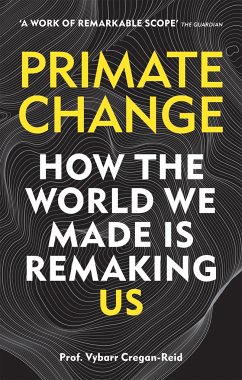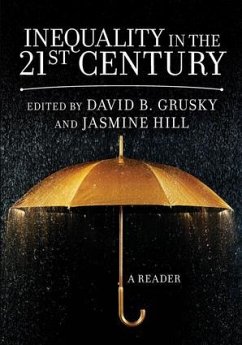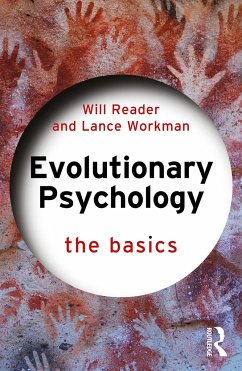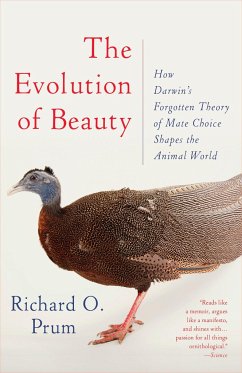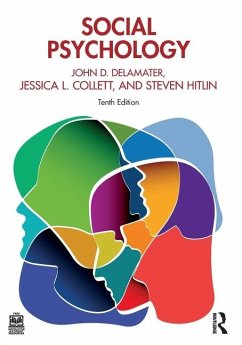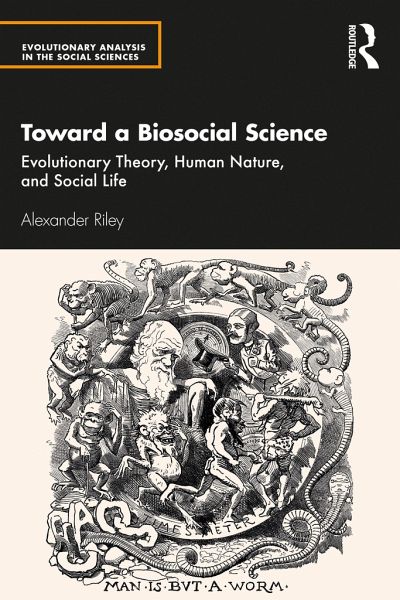
Toward a Biosocial Science
Evolutionary Theory, Human Nature, and Social Life
Versandkostenfrei!
Versandfertig in 6-10 Tagen
39,99 €
inkl. MwSt.
Weitere Ausgaben:

PAYBACK Punkte
20 °P sammeln!
Sociology is in crisis. While other disciplines have taken on board the revolutionary discoveries driven by evolutionary biology and psychology, genomics and behavioral genetics, and the neurosciences, sociology has ignored these advances and embraced a biophobia that threatens to drive the discipline into marginality.This book takes its place in a rich tradition of efforts to integrate sociological thinking into the world of the biological sciences that can be traced to the origins of the discipline, and that took on modern form beginning a generation ago in the works of thinkers such as E.O....
Sociology is in crisis. While other disciplines have taken on board the revolutionary discoveries driven by evolutionary biology and psychology, genomics and behavioral genetics, and the neurosciences, sociology has ignored these advances and embraced a biophobia that threatens to drive the discipline into marginality.
This book takes its place in a rich tradition of efforts to integrate sociological thinking into the world of the biological sciences that can be traced to the origins of the discipline, and that took on modern form beginning a generation ago in the works of thinkers such as E.O. Wilson, Richard Alexander, Joseph Lopreato, and Richard Machalek. It offers an accessible introduction to rethinking sociological science in consonance with these contemporary biological revolutions. From the standpoint of a biosociology rooted in the single most important scientific theory touching on human life, the Darwinian theory of natural selection, the book sketches anevolutionary social science that would enable us to properly attend to basic questions of human nature, human behavior, and human social organization.
Individual chapters take on such topics as: The roots and nature of human sociality; the origins of morality in human social life and an evolutionary perspective on human interests, reciprocity, and altruism; the sex difference in our species and what it contributes to an explanation of sociological facts; the nature of stratification, status, and inequality in human evolutionary history; the question of race in our species; and the contribution evolutionary theory makes to explaining the origins and the importance of culture in human societies.
This book takes its place in a rich tradition of efforts to integrate sociological thinking into the world of the biological sciences that can be traced to the origins of the discipline, and that took on modern form beginning a generation ago in the works of thinkers such as E.O. Wilson, Richard Alexander, Joseph Lopreato, and Richard Machalek. It offers an accessible introduction to rethinking sociological science in consonance with these contemporary biological revolutions. From the standpoint of a biosociology rooted in the single most important scientific theory touching on human life, the Darwinian theory of natural selection, the book sketches anevolutionary social science that would enable us to properly attend to basic questions of human nature, human behavior, and human social organization.
Individual chapters take on such topics as: The roots and nature of human sociality; the origins of morality in human social life and an evolutionary perspective on human interests, reciprocity, and altruism; the sex difference in our species and what it contributes to an explanation of sociological facts; the nature of stratification, status, and inequality in human evolutionary history; the question of race in our species; and the contribution evolutionary theory makes to explaining the origins and the importance of culture in human societies.




